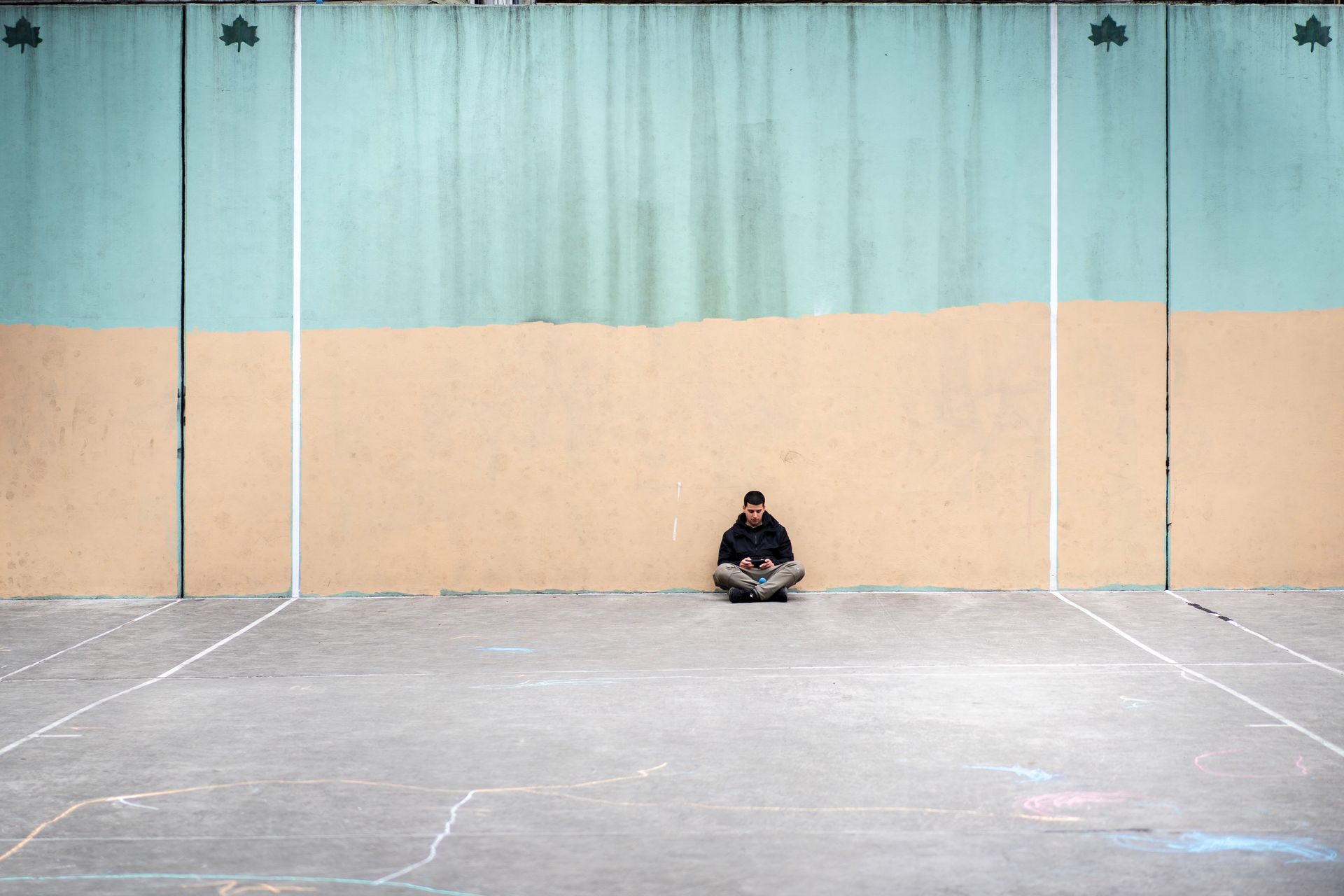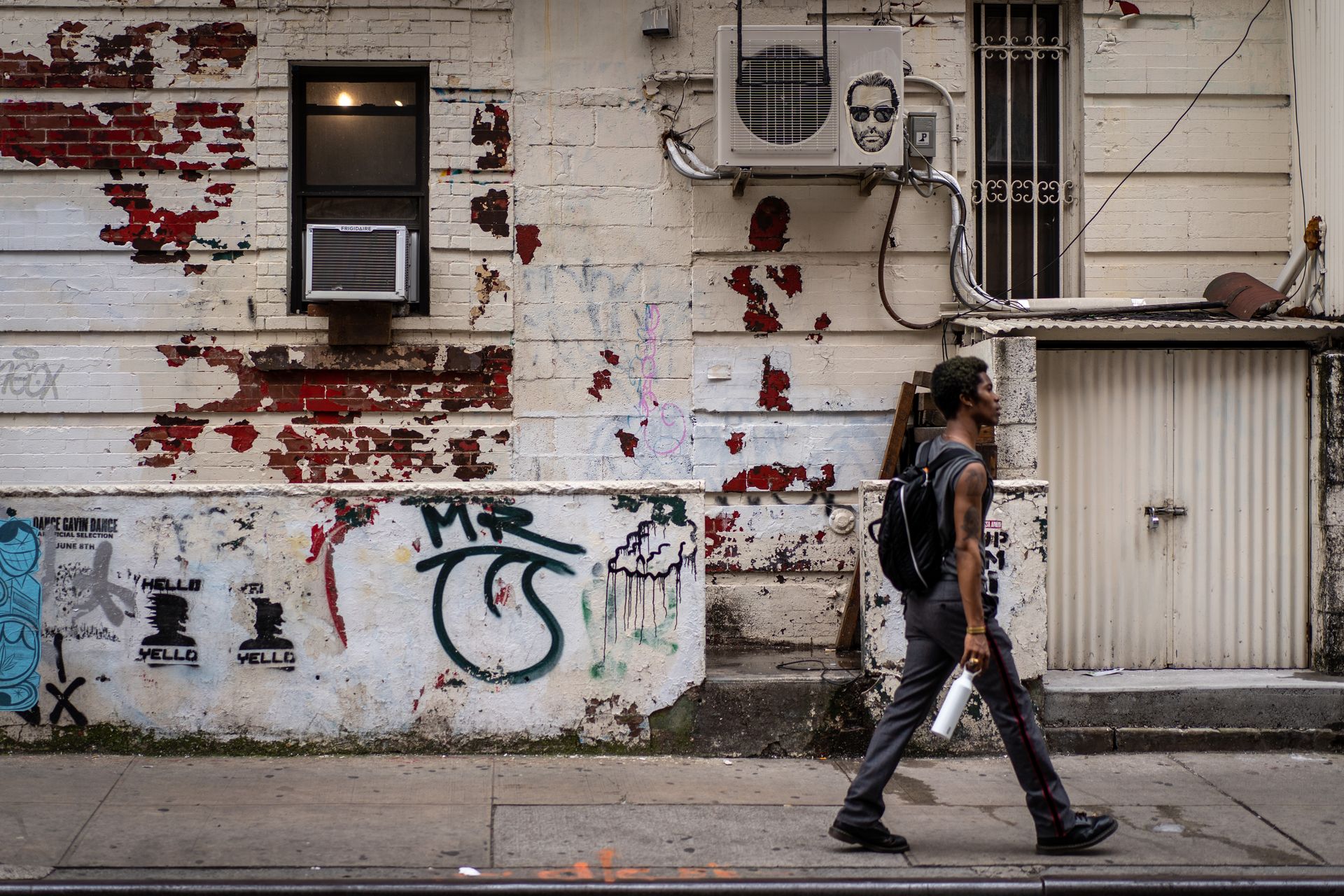Insights & Advice from Kovel Law
Check Out Our Blog
Understanding Severance Agreements
Navigating a job loss is never easy, and the complex language of severance agreements can add to the challenge. Understanding the key aspects of these agreements is crucial to making informed...
Read more
Understanding Your Employee Bonus: What It Really Means
The True Value of Employee BonusesBonuses are not just extra cash in your paycheck; they reflect how your employer values your contribution. If your bonus was less than expected or you missed out...
Read more
Navigating Your Rights to Work From Home for Medical or Religious Reasons
As companies shift away from hybrid or remote work setups, many employees may face challenges when needing to work from home due to medical or religious reasons. It’s important to know that certain...
Read more
Work Leave Interference in NYC: Know Your Rights
Navigating work leave interference in New York City can be challenging, but understanding your rights can help ensure you're treated fairly. Whether you're an employee or a freelancer, it's crucial...
Read more
Kovel Law Chronicle vol. 1: Could I Have Played a Role in Preventing the Next Thurgood Marshall From Becoming a Lawyer? A Note About My White Privilege and Racism.
Kovel Law begins its journey as a law firm during a very significant time for New York City and me personally. George Floyd, Breonna Taylor and Ahmaud Arbery (among many other Black people) have...
Read more
Kovel Law Chronicle Vol. 2: Why Represent Solo-entrepreneurs and Freelancers?
The post Kovel Law Chronicle Vol. 2: Why Represent Solo-entrepreneurs and Freelancers?...
Read more
Kovel Law Chronicle Vol. 3: What is the New York City Freelance Isn't Free Act and How Can it Help Your Solo-business?
if the agreement is NOT in writing, then the person or business paying for the services of a solo-entrepreneur is considered the party to have broken the law requiring a written contract;...
Read more
Kovel Law Chronicle Vol. 4: Let's talk about discrimination.
New York City Human Rights Law Sec. 8-107(1)(a) provides: “It shall be an unlawful discriminatory practice: (a) For an employer or an employee or agent thereof, because of the actual or perceived...
Read more








